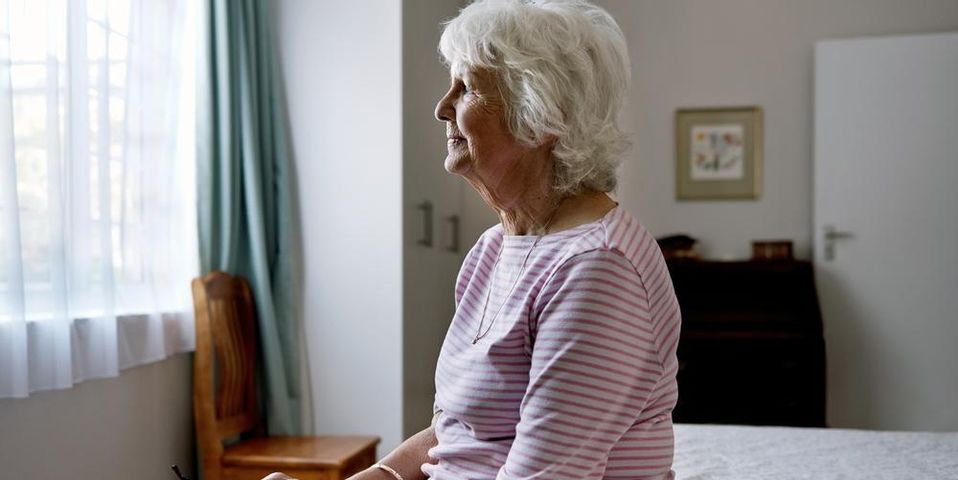3 Ways to Combat Depression & Anxiety After a Parkinson’s Disease Diagnosis

The life-altering changes that come with Parkinson’s disease can take an extreme toll on your mental health after you’re diagnosed. It can be both intimidating and crushing, which is why depression and anxiety are common issues people battle following a diagnosis. Understanding the connection between Parkinson’s remains a point of research, and there are many ways to overcome fears and sadness if you or a loved one is living with emotional problems following the results.
How to Overcome Anxiety & Depression Following a Parkinson’s Diagnosis
1. Counseling
Talking to someone one-on-one can have a significant impact on managing your mental health. A counselor or therapist can be an invaluable resource following a Parkinson’s disease diagnosis. They invite you into a comfortable, non-judgmental space and will talk through your problems. It can make a huge difference to simply open up. They’ll also show you different techniques to remain calm and positive and other resources to explore.
2. Alternative Healing
Acupuncture, massage, and meditation continue to show powerful results when it comes to mental health. They take a unique approach to addressing problems throughout the body; from opening channels for energy flow to removing toxins, each has the potential to help with overwhelming emotional challenges. They can also be excellent for relieving Parkinson’s disease side effects like tremor and muscle stiffness that may be a source of depression.
3. Medication
 Because this disease affects the brain, it can create a variety of changes that cause anxiety and depression. For some people with Parkinson’s disease, these are best managed with medication. SSRIs have shown promising results for controlling anxiety and depression, and various benzodiazepines have proven over the years to help, as well. Speak with your physician about treatment options to explore.
Because this disease affects the brain, it can create a variety of changes that cause anxiety and depression. For some people with Parkinson’s disease, these are best managed with medication. SSRIs have shown promising results for controlling anxiety and depression, and various benzodiazepines have proven over the years to help, as well. Speak with your physician about treatment options to explore.
Connecticut Advocates for Parkinson’s is committed to ensuring people living with Parkinson’s disease have all the resources they need to live healthy, fulfilling lives. With support groups throughout Connecticut, they provide needed support through connections with others that have the disease, and provide resources and suggestions that can help. They’re aggressively committed to finding a cure and fully support ongoing Parkinson’s research. Call (860) 266-6040 to speak with a volunteer. Visit their website and Facebook page to learn more about their services.
About the Business
Have a question? Ask the experts!
Send your question

